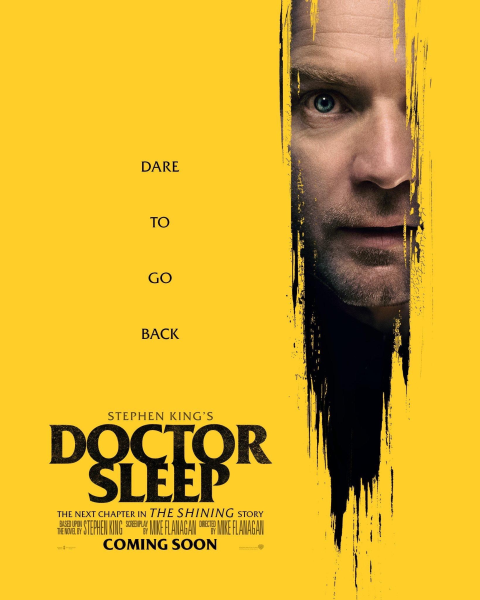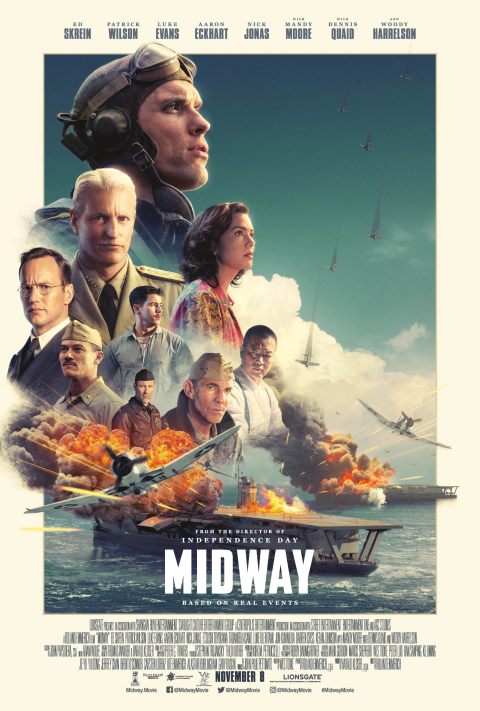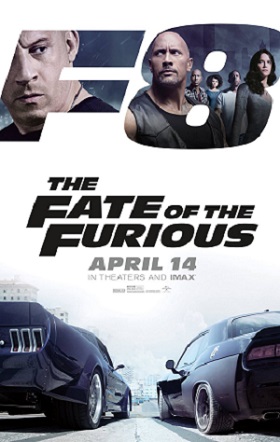*Note: The title is just a metaphor; neither of these films are musicals.

Written, Directed, and Edited by Mike Flanagan, based on the novel by Stephen King
Cast: Ewan McGregor, Rebecca Ferguson, Kyliegh Curran, Carl Lumbly, Zahn McClarnon, Emily Alyn Lind, Bruce Greenwood, Jocelin Donahue, Alex Essoe, Roger Dale Floyd, Cliff Curtis, Zackary Momoh, Jacob Tremblay, Henry Thomas, Carel Struycken, Robert Longstreet, Catherine Parker, Met Clark, Selena Anduze, Danny Lloyd
Soundtrack: The Newton Brothers
I’ve said it before, and hopefully this is the last time I’ll feel compelled to mention it, but I’m not a big fan of Stanley Kubrick’s The Shining.
Maybe that sounds crazy to you, but Stephen King isn’t a big fan either (to say the least), so I suppose I’m in decent company (not saying I’m right; it’s just my opinion, man).
Now we have Mike Flanagan’s Doctor Sleep, which is based on the
2013 Stephen King novel of the same name, which itself is a sequel to King’s 1977 novel The Shining, but 2019’s film of Doctor Sleep is also a sequel to Stanley Kubrick’s 1980 film of The Shining.
So now that no one’s confused, let’s continue.
Doctor Sleep is one of the best films of 2019. Am I saying it’s an all-time great? No, but it’s plenty captivating, truly horrifying when called for, and overall it admirably juggles its multiple source materials.
The story is rather sprawling, and by that I mean it’s a movie that very much feels like it’s based on a novel; and if you’re totally unfamiliar with The Shining (which is hard to fathom given its cultural permeation) you may struggle to climb aboard, but, other than a touch of third act squiffiness, Doctor Sleep is a solid piece of intelligent entertainment from tape-to-tape.
If I have one substantial criticism (if you can even call it that), it’s that, I wouldn’t say anybody does a bad job in their performance, everybody is fine if not above average, but I didn’t feel like anyone in the cast was indispensable in their part. Perhaps it’s a huge credit to writer/director/editor Mike Flanagan, but I think he could have made this movie with a near-infinite combination of actors and we’d still have the same quality result.
If you’re a huge fan of Kubrick’s Shining, perhaps you won’t find Doctor Sleep to be up to the same standard that I do, but for me it’s very much a Blade Runner 2049 situation, where I respect the original but find the sequel more compelling.
Your mileage may vary, but I recommend it highly.
Rating: ★★★★☆

Directed by Roland Emmerich
Written by Wes Tooke
Cast: Ed Skrein, Patrick Wilson, Woody Harrelson, Luke Evans, Mandy Moore, Luke Kleintank, Dennis Quaid, Aaron Eckhart, Keean Johnson, Nick Jonas, Etsushi Toyokawa, Tadanobu Asano, Darren Criss, Brandon Sklenar, Jun Kunimura, Brennan Brown, Jake Weber, David Hewlett, Mark Rolston, Eric Davis, Peter Shinkoda, James Carpinello, Hiromoto Ida, Hiroaki Shintani, Russell Dennis Lewis, Geoffrey Blake
Soundtrack: Harald Kloser & Thomas Wanker
I probably should hate this movie.
Given that I was a history major, you might think that I should hate it, too.
For some reason though, I just can’t get that riled up about it. I think it’s because:
A. I had extremely low expectations going in (after all, it is a Roland Emmerich joint)
and
B. It might actually be more factually accurate than its 1976 predecessor (which is a fine film with a great cast, but I’m not going to pretend it’s some ultimate triumph of cinema, given how much footage it cribs from other sources), so, while I could quibble with the history of it, I always expect a certain amount of Hollywood exaggeration, so that’s not really what I take issue with.
The biggest problem is that I think the movie means to be taken seriously, but so much information is fed to my eyes and ears that is to the contrary that I can’t help but conclude that Midway is a $100 million cartoon.
Now, you read that and probably think I’m referring to the visual effects, which I am, but only partially. This movie could have been successful with the effects it has. What truly makes it cartoonish is a script with severely lacking dialogue, and a number of sub-par performances (Not to go full ‘Murica here, but can we get some Americans to play our American heroes!? Hugh Laurie playing Dr. House is the exception, not the rule).
Anyway, it’s not all terrible. Patrick Wilson in particular is extremely likable (as usual), and there are some sequences that are actually effective (there’s a submarine scene that might be the best set-piece in the film).
In the end though, Midway is essentially a big-budget Redbox movie. Not the worst thing ever made, but largely a waste.
Rating: ★★½ (out of five)
P.S.
I noticed as the film was starting that there were a couple of Chinese production companies with their names on Midway, and I wondered what impact that would have on the story told. Let’s just say they make sure the audience knows that 250,000 Chinese civilians were killed in Japanese reprisals for the Doolittle Raid. Sad? Yes. True? Yes. Did it need to be included in this film? Probably not.




